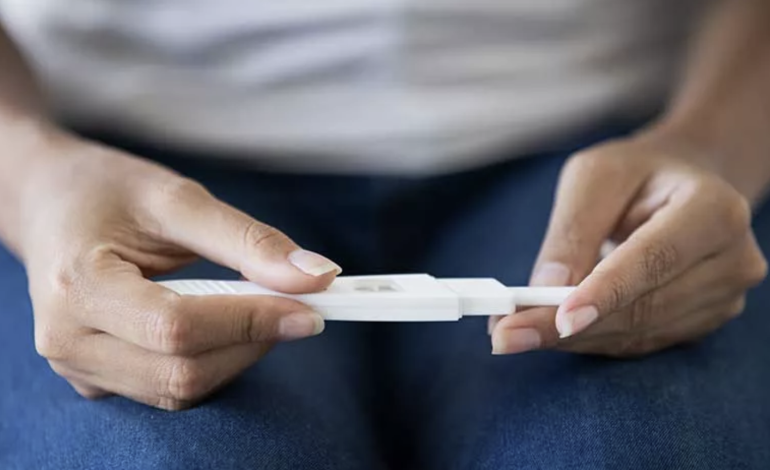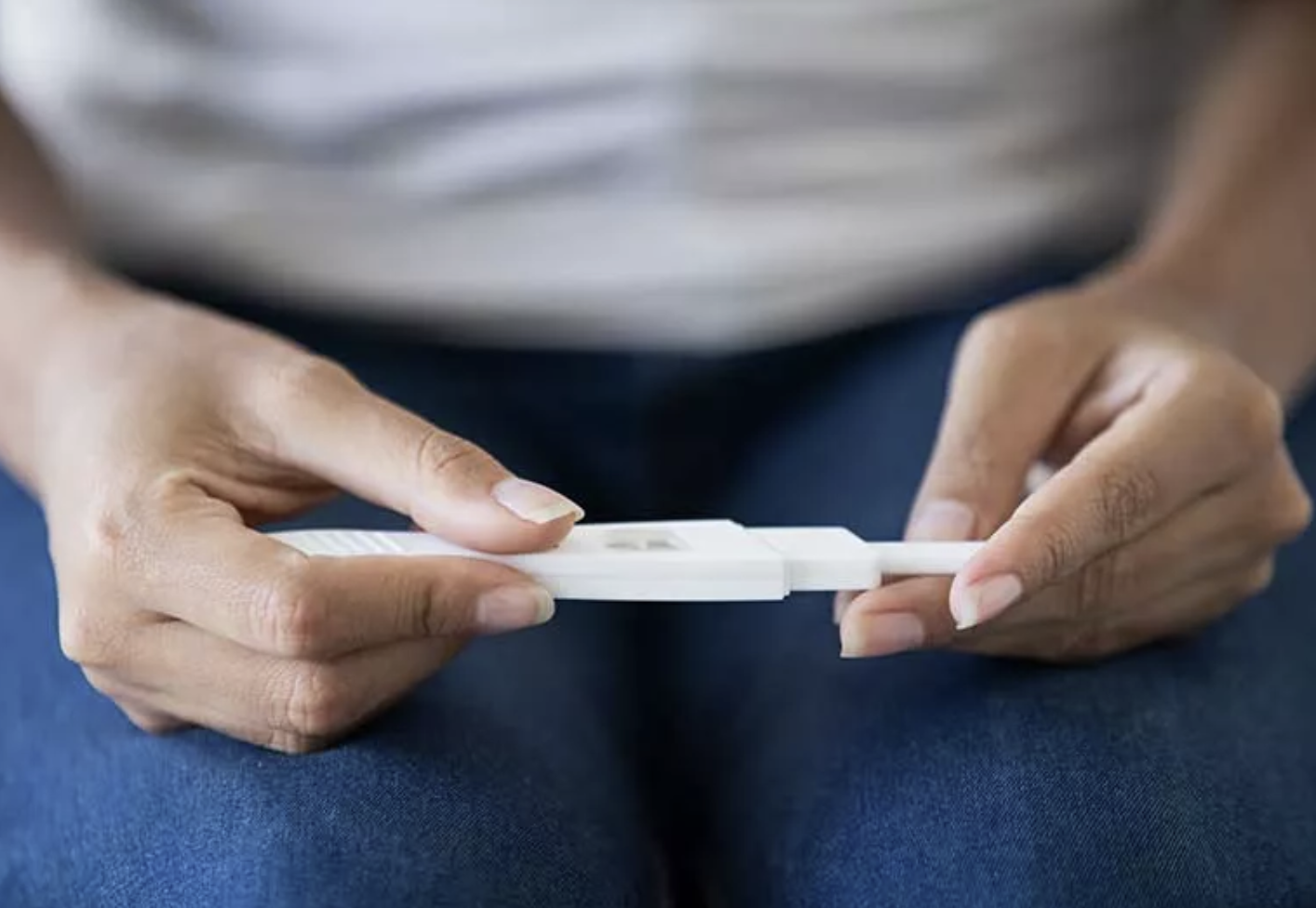
Birth Control and Fertility: Will It Affect My Ability to Get Pregnant in the Future?

In the U.S., about three out of four sexually active people under 30 with a uterus use some form of birth control. A common question I get asked is whether using birth control now will affect your ability to get pregnant later. The good news? It won’t.
All reversible birth control methods—the pill (both prescription and over-the-counter), the patch, the ring, the shot, IUDs, and implants—are effective at preventing pregnancy while you’re using them. However, they don’t have lasting impacts on your fertility once you stop using them. This is why it’s possible to get pregnant even if you forget to take the pill for a few days.
Let’s take a look at how long it typically takes people to get pregnant after stopping different birth control methods. A large study of over 2,000 people who stopped taking the pill after an average of seven years found that 21% got pregnant within one month, and 79% were pregnant within a year. People who used fertility awareness methods (FAM, sometimes called natural family planning) had similar pregnancy rates: 20-25% were pregnant within a month, and about 80% within a year. This shows that people who quit the pill get pregnant just as quickly as others, even after years of use.
The rates are similar for people who stop using the patch, ring, or IUD. Despite some myths, modern IUDs don’t affect future fertility. However, if you stop using the implant or the shot (Depo-Provera), it may take a few extra months for your menstrual cycles to return to normal. Some people experience a delay of up to two months after stopping the implant and up to six months after stopping the shot, though this varies. Most people are able to get pregnant soon after stopping these methods.
So, no, birth control doesn’t reduce your chances of getting pregnant later. But there is one thing that can: untreated sexually transmitted infections (STIs). By age 25, about one in two young people who are sexually active will have contracted an STI.
One of the most common STIs is chlamydia, a bacterial infection that spreads through sexual contact. It’s easily treatable with antibiotics but often has no symptoms—more than half of people with chlamydia don’t even know they have it. If left untreated, STIs like chlamydia or gonorrhea can cause scarring in the uterus or fallopian tubes. This scarring can make it harder for an egg to travel through the fallopian tubes, affecting your fertility down the line.
If you’ve had sex with a new partner without using a condom, it’s a good idea to get tested. Testing for chlamydia or gonorrhea is quick and painless—just a urine sample—and treatment is as simple as taking antibiotics for a week. If you test positive, there are several ways you can inform your partner that they should get tested as well. For future reference, here are some tips for safer sex.





